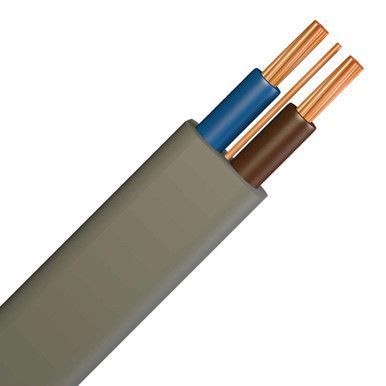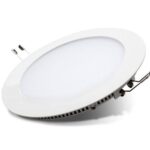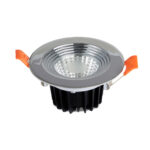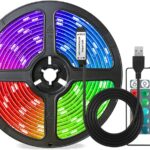Introduction
6mm Twin and Earth Cable 10m is a form of electrical cable that is widely used in both residential and commercial settings for a variety of purposes, including lighting circuits, power outlets, and appliances. Its adaptability and durability make it a popular choice for electricians and DIY enthusiasts alike.
Importance of Safety in Electrical Installations
Safety should always be the foremost concern when dealing with electrical installations. Mishandling electrical wiring can lead to severe injuries, fires, or even fatalities. Therefore, understanding and implementing safety measures are crucial to protecting yourself and others from potential hazards.
Understanding 6mm Twin and Earth Cable
- Composition and Structure
6mm Twin and Earth Cable 10m is made up of two insulated conductors—live and neutral—along with a bare earth wire for grounding reasons. Conductors are commonly composed of copper or aluminum and insulated with PVC to protect against moisture and abrasion.
Common Applications
This type of cable is widely used in permanent wire installations to supply lighting circuits, outlets, and appliances with moderate electrical demands. Its strong structure and large capacity make it suited for a variety of household and business uses.
Safety Precautions Before Installation
Before embarking on the installation process, it’s essential to take several safety precautions to minimize risks and ensure a smooth installation process.
- Assessing Electrical Load
Before selecting the cable size and type, assess the electrical load requirements to ensure compatibility and prevent overloading the circuit.
- Checking for Compatibility
Verify that the 6mm Twin and Earth Cable is compatible with the intended application and meets relevant electrical standards and regulations.
- Ensuring Proper Insulation
Inspect the cable for any signs of damage or deterioration in insulation, as compromised insulation can pose a significant safety risk.
Tips for Safely Installing 6mm Twin and Earth Cable
- Proper Tools and Equipment
Gather all the necessary tools and equipment, including wire cutters, strippers, screwdrivers, and cable clips, to facilitate a safe and efficient installation process.
- Secure Installation Techniques
Ensure that the cable is securely fixed and supported along its route to prevent strain or damage to the conductors. Use appropriate cable clips or conduit where necessary.
- Following Manufacturer Guidelines
Refer to the manufacturer’s instructions and guidelines for proper installation techniques and recommended practices specific to the 6mm Twin and Earth Cable.
Step-by-step Installation Technique
- Planning the route
Carefully design the cable path, taking into account accessibility, closeness to other cables or pipelines, and each circuit’s electrical load needs.
- Measurement and Cutting
Measure and cut the cable to the appropriate length, leaving enough slack for terminations and future maintenance.
- Stripping and terminating
Wire strippers are used to remove the insulation from the ends of the wires, which are then securely terminated with suitable connectors or terminal blocks.
- Securing and Testing
Secure the cable in place using cable clips or conduit, making sure it’s properly supported and protected from physical harm. Once fitted, test thoroughly to ensure appropriate continuity and insulation resistance.
Common Mistakes to Avoid
Avoid common mistakes such as overloading circuits, using incorrect cable sizes, improper termination techniques, and inadequate insulation, as these can compromise safety and performance.
Maintenance and Care Tips
Regularly inspect and maintain the electrical wiring to ensure continued safety and reliability. Keep the area around electrical installations clear of debris and obstructions, and promptly address any signs of damage or deterioration.
Conclusion
Safety should always be the top priority when installing electrical wiring, especially when dealing with 6mm Twin and Earth Cable. By following the tips and precautions outlined in this guide, you can ensure a safe and successful installation process, protecting yourself and others from potential hazards.












